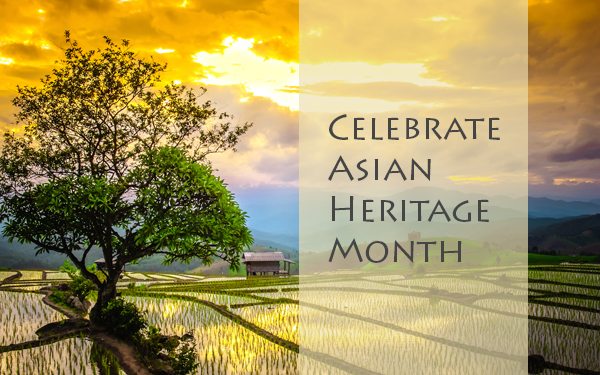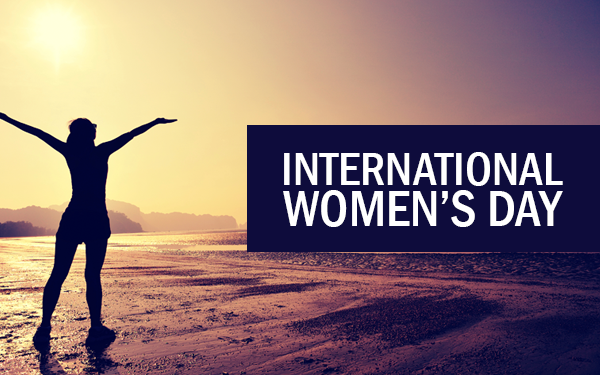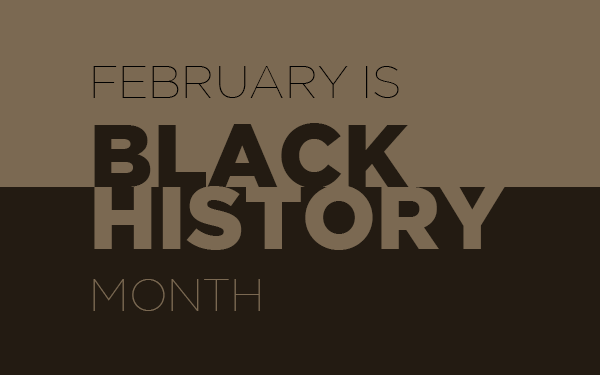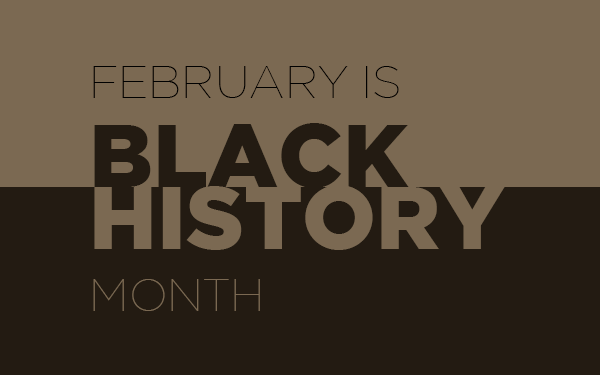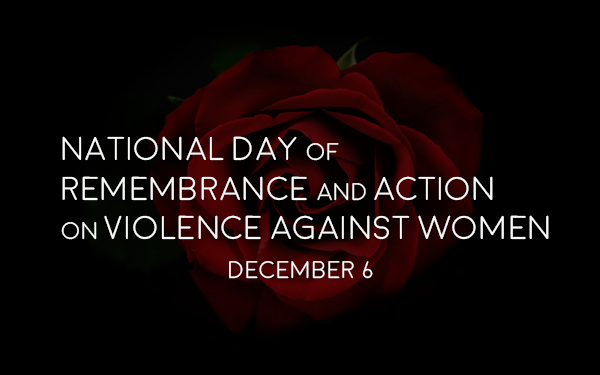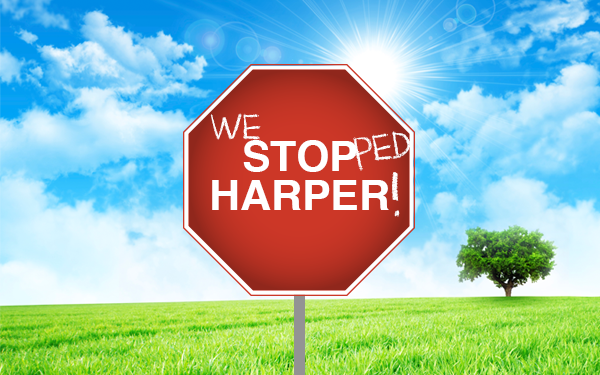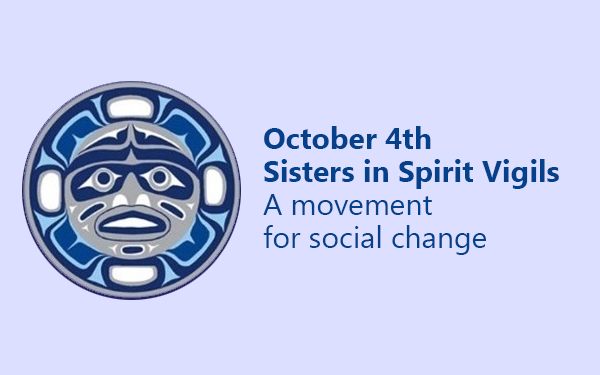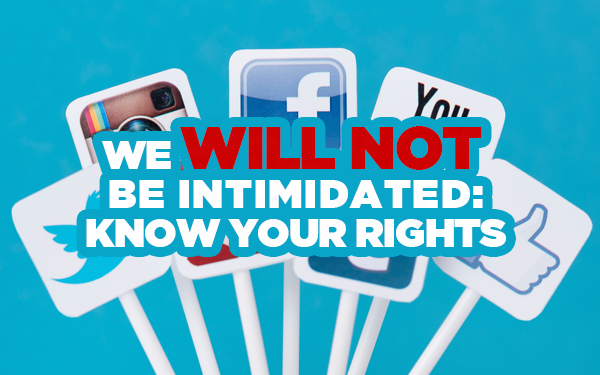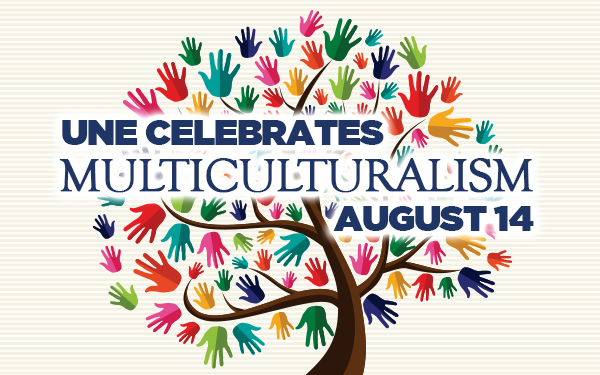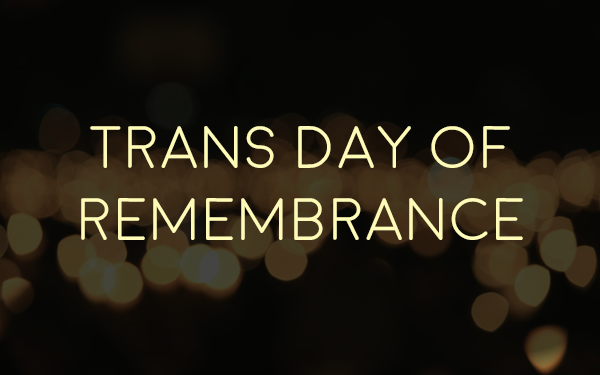
This Friday is TDOR – Trans Day of Remembrance. A night we honour our dead and memorialize those we know were murdered simply because they were trans.
They were sons and daughters, mothers and fathers, grandparents, aunts and uncles….and every other combination of family that you can think of. And probably some you can’t – like family by choice. And they were friends.
But for many of us in the trans community it is not solely about memorializing the murdered. For many TDOR has a multitude of meanings – yes, memorializing the murdered; but for me it is also about remembering and memorializing all those other brothers and sisters in the trans community who have died no matter how – whether by accident, suicide, natural causes – what have you. It is a day to remember our friends and family who no longer walk alongside us. For others it is a way of bringing into the light the bigotry and hate that impacts our lives so deeply and asking you to help us stop it. And for others still, it is a poke in the eye to those bigots, in some way saying “you may kill us, but you can never silence us and we will stand up and fight against you”.
Last year I was in Ottawa for TDOR and I attended the vigil held there. I was in Ottawa for bargaining as part of the PA group bargaining team. And coincidentally one of the things we are bargaining for is to get gender identity and expression put into the non-discrimination clauses of our collective agreements. It was a fairly cold night and the vigil was held at the Canadian Human Rights Monument on Elgin Street. A cold, yet appropriate location I thought. There was actually a fairly large crowd, and the speaker did a very nice job with the memorial. Nice enough that after the vigil I asked her if she could email me a copy of what she read because it was so incredibly touching to me.
But I have to say what made me most proud and honoured was the support from my bargaining team, my component and the national executive of the PSAC. Our National President, Robyn Benson attended and stood beside me during the entire vigil – her presence was both very comforting and very empowering. As well, National Executive Vice President Chris Aylward attended, as did REVP Ontario Sharon DeSousa, and a number of the PSAC staff. The entire PA Group bargaining team was there in support, as was my UNE President, Doug Marshall. To me their presence said “trans lives matter” and that we, as a union, care about all members; and that I – and the things that matter to me – are important. I know I am an extreme minority within the PSAC – having met only 5 other trans members over the past 8 years and the union has always been good to me, but that night it really hit home. They care. They do give a damn. And it doesn’t matter if it is 1 member or 1000 members. The union will be there for you if it can be. Thank you to all of you who came and showed your support for me and my community. I am not sure that I can adequately express what it meant to me.
That night, and every TDOR, for me personally was also remembering a friend who I did not know for that many years, but who I knew better than some of my own family. Like many in the community we met online, and over time we met in 3D. She was a lovely woman, very down to earth and we could talk for hours (and often did) about just about anything under the sun.
We had a ritual of sorts. Whenever we happened to be in the same city at the same time, we would get together for dinner and drinks and spend the evening chatting. Well actually, we would find a restaurant, order all the appetizers on the menu (except for stuff we both absolutely hated or were allergic to) and a couple of bottles (or more) of wine, and we would chat. I suspect restaurants hated us, because we were there for hours and they didn’t turn the table over. But we ate and drank and talked the night away.
There would be weeks I didn’t hear from her due to her job – and the fact that she wasn’t out to her spouse and family and sometimes had to lay low – but it wasn’t abnormal. Sad isn’t it? That “going dark” and lying low because you might be outed isn’t considered abnormal in my community. So after she finally disclosed to her spouse, I didn’t hear from her for a while. I wasn’t concerned – there had been other times she had gone quiet, so it wasn’t that unusual.
Then I got a message from a mutual friend from online. Our mutual friend knew her boyname and had seen an obituary for her. She messaged me that she was dead. I didn’t know her boyname and really didn’t care, because as far as I was concerned, she was always “Char”. Charlene – a friend and a sister by choice. When I enquired with our mutual friend, I found out that she had finally done what she always said she would do if the pain got too bad. To quote Char, when it got too bad “I would rather suck off a .45 than live like that”. Apparently it did, and then she did.
She, and the too many others like her, also need to be remembered on TDOR. Because while the statistics around TDOR are those that were murdered because they were trans (and to reiterate, those are only confirmed cases that we know about and are reported); there are many, many more that die because they can no longer suffer the pain of rejection, abuse, harassment, violence and the thousand other indignities heaped on trans people on a daily basis. And it depends on whose stats you read, and how they were reported, but the successful (wow, there’s an oxymoron!) and attempted suicide rates within the trans community are absolutely staggering. Some put the successful suicide rate at over 20 percent and the attempted rate at over 45 percent. But it is hard to get accurate readings on this as sometimes you never know what drives a person to that place; and many unsuccessful suicides are so ashamed they won’t admit why they really tried it.
Sad to say, but I do not personally know a trans person who doesn’t have an “exit strategy”. Nice euphemism isn’t it? “Exit strategy” I may as well say it as it is – suicide plan. And those plans are as wide and varied as the people. What does it say about our society that an entire subgroup of our population looks at suicide as a viable daily option? A subgroup that is already a part of an already marginalized community.
And I have to admit, I often wonder how many of those suicides are in fact murders in their own right. Pushing people until they finally snap and “rid the world of freaks like you”. And yes, I have had comments like that directed at me, and I suspect most trans people have as well, at one time or another.
So in memory of my friend Char, after the vigil, I took a couple of friends to a restaurant where we ordered a whole lot of appetizers, had some drinks and chatted the rest of the evening away. Something I have done every year on TDOR since she died. And I ate too much, and I definitely drank too much – to say I got a bit “squiffy” would be an extreme understatement – something I rarely do, and remembered my friend. And in her own way she was there that night because I remembered her, and told my friends a bit about her. And as long as someone remembers you, one never truly dies.
So on this day, remember ALL of those in the community who have left us, no matter how. They deserve to be remembered. And celebrated for the lives they lived.
Kate Hart is the UNE’s National Equity Representative for Lesbian, Gay, Bisexual and Transgender People
